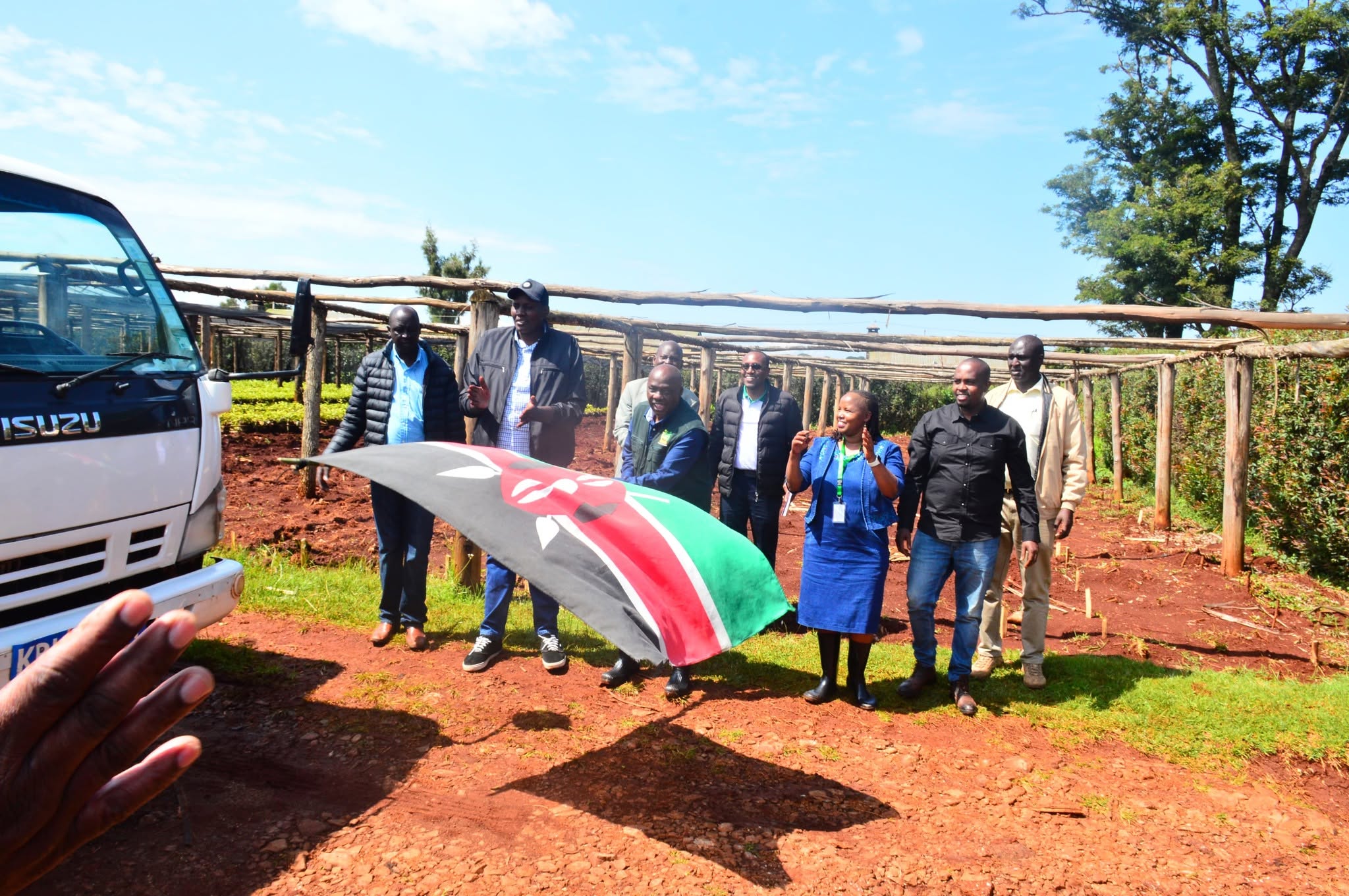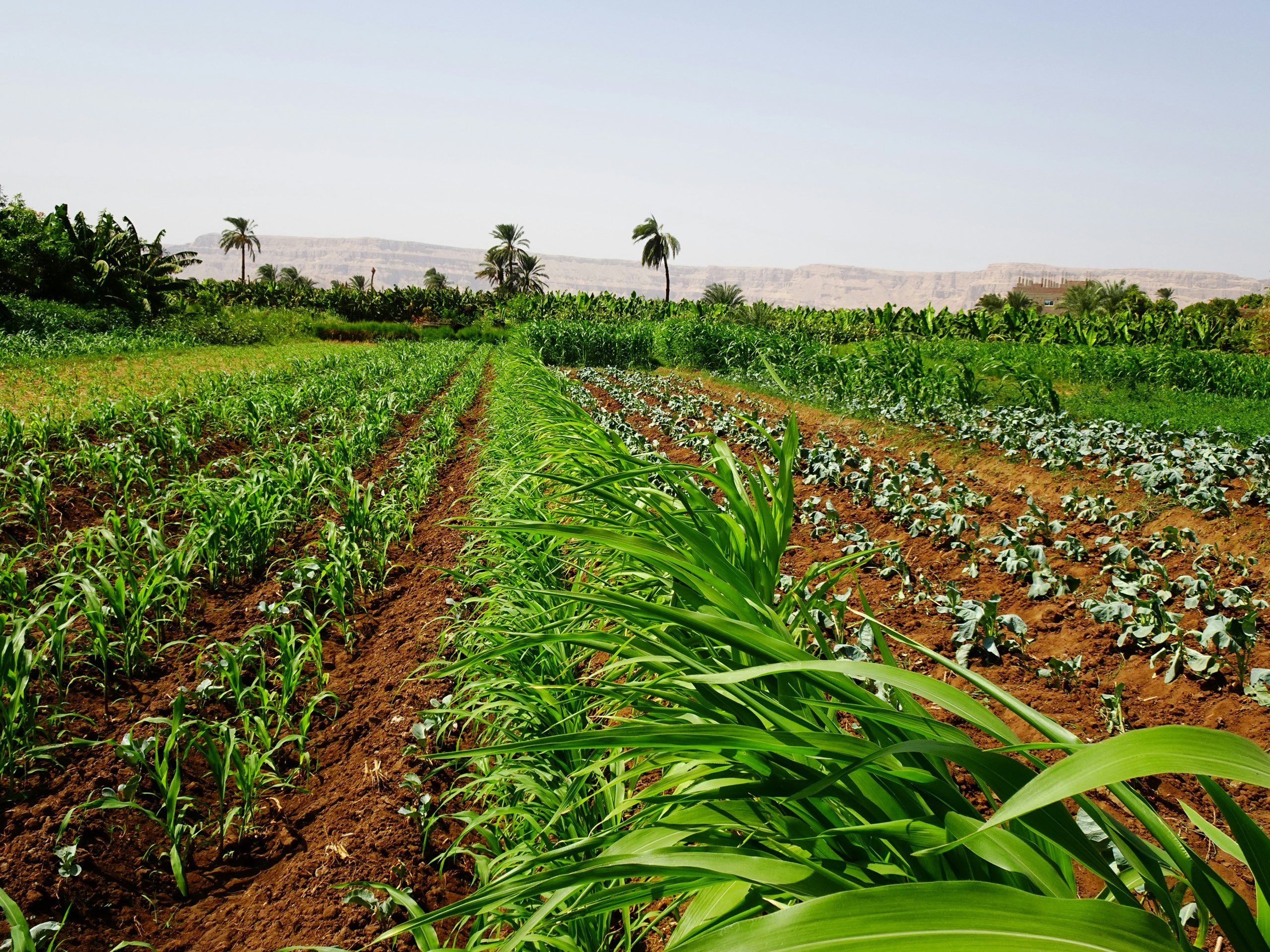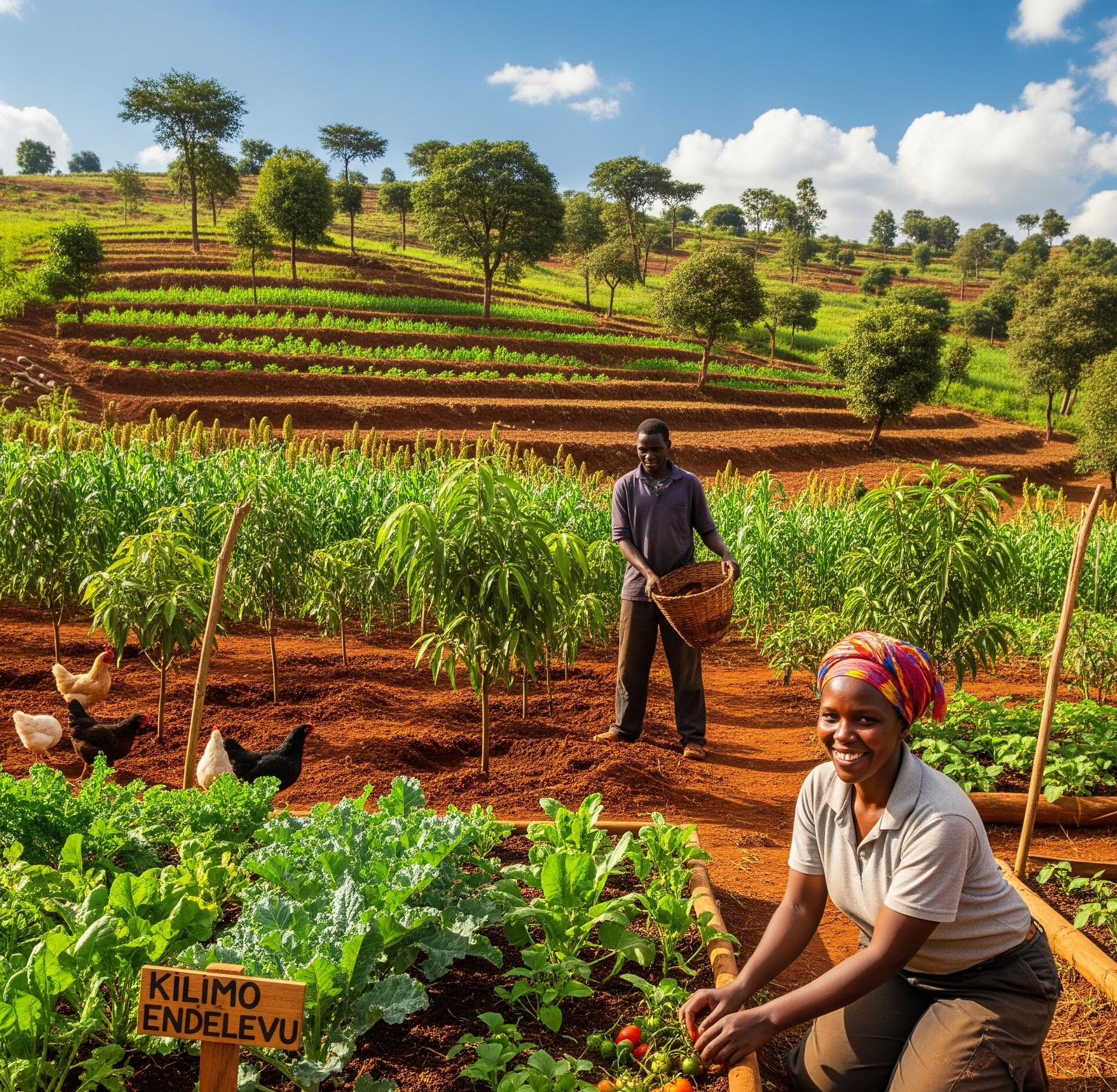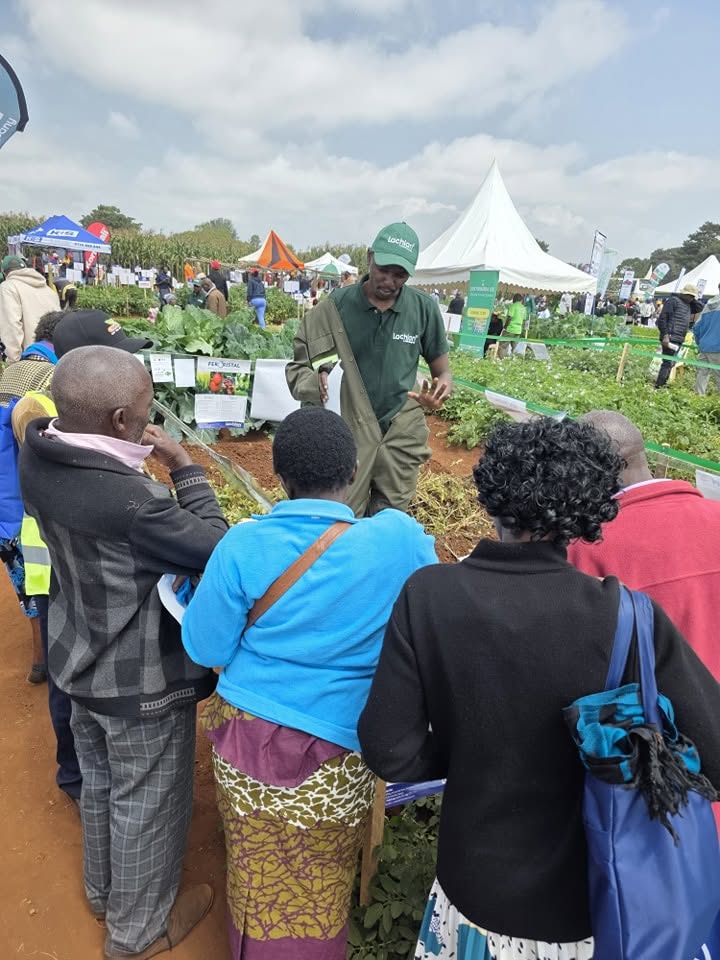In a significant leap for Kenya’s tea industry, the Tea Research Institute (TRI) has introduced groundbreaking mosquito bug-resistant tea clones aimed at transforming how farmers manage pests and climate challenges. The newly developed varieties are not only resistant to the infamous tea mosquito bug but they are climate smart and high yielding thus providing the farmer with a reliable and sustainable farming alternative amidst unpredictable weather and rising cost of inputs.
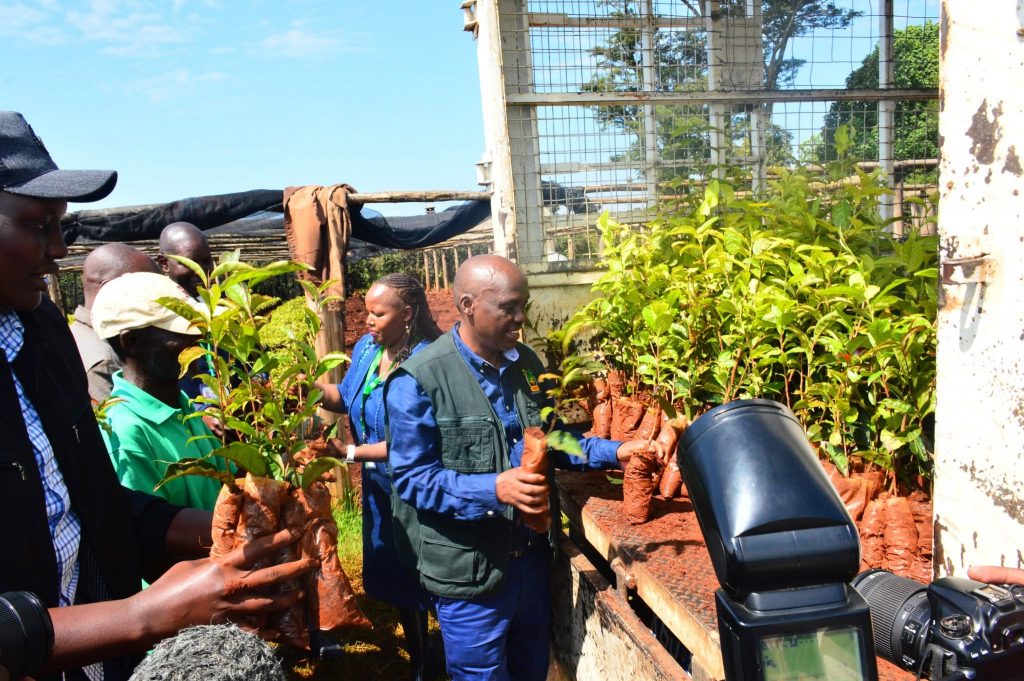
National rollout: 400,000 seedlings flagged off
During the official launch, Agriculture Principal Secretary Dr. Paul Rono flagged off more than 400, 000 seedlings to be distributed to the main tea-growing areas in Kenya. Such a roll out is an indication of a state anchor plan to revive smallholder tea farms, increase incomes in the rural areas, and cement Kenya as a world conqueror in tea exports.
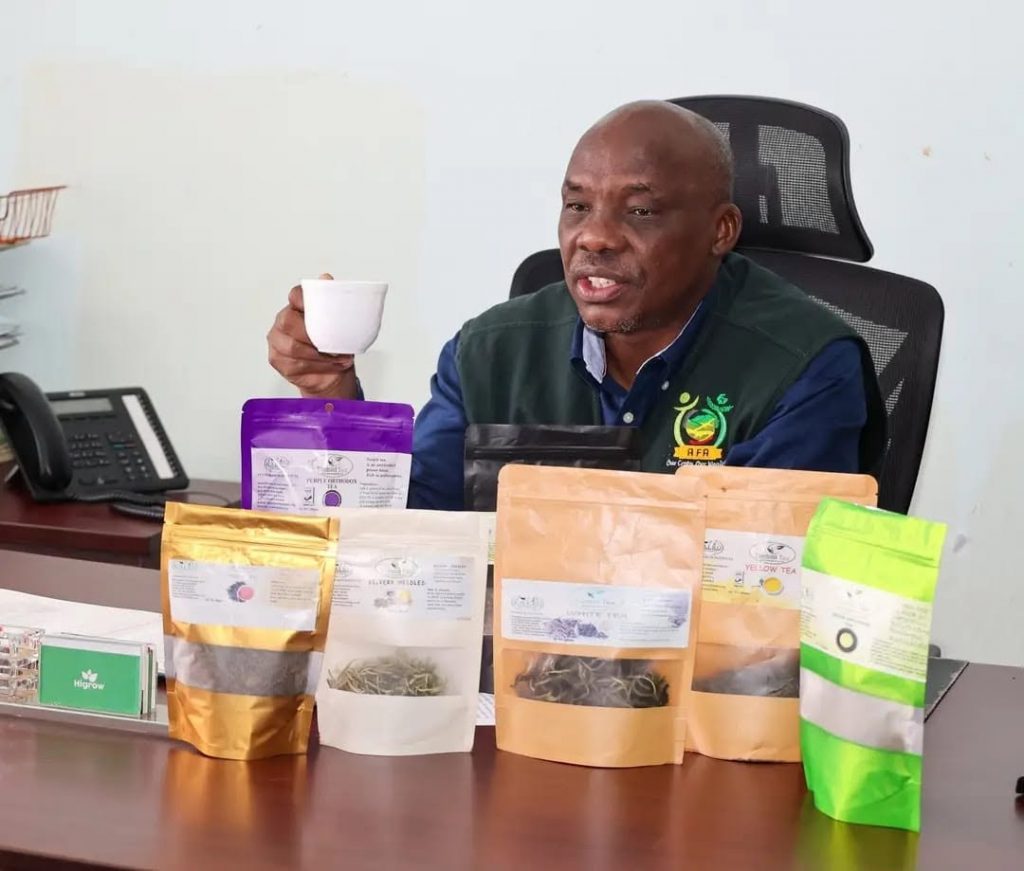
Reducing chemical use and boosting soil health
The big thing about these clones is not that they are resistant to pest, but that they have the potential of minimizing the use of expensive chemical pesticides. The smaller the amount of spraying, the less money farmers have to spend on production, and the healthier the soils, safer working conditions, and an ecologically-minded tea industry become, in its turn.
See how KALRO is supporting Kenya’s farmers through tech and research:
👇 Watch the official post below from their latest field demo and clone rollout
There is more to it than science behind the launch: it is a story of survival and evolution. As the smallholder farmers are yet to shrug off the blow of the fluctuating market prices, and the unpredictable rain scenarios, the innovation cited by the TRI shows a move towards pragmatic, research-based aid. These clones can do more than provide plants they can be the hope of the turbulent times.
A vision for the future of Kenyan agriculture
With Kenya still modernizing its agriculture in science and policy, such initiatives more solidify the potential of investing in farmer-based innovation. When used on a national scale, these tea clones may change the face of agriculture in the country, with Kenyan tea becoming the most delicious as well as one of the most sustainable ones globally.


